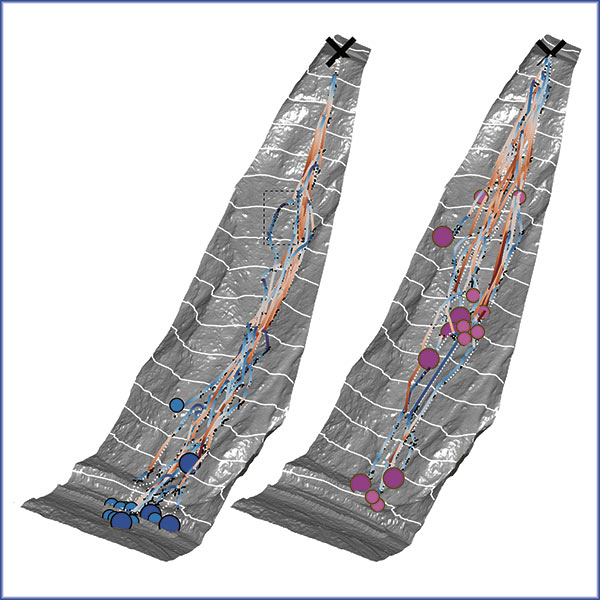IN BRIEF
Olfactory tests for early diagnosis of certain dementias
The use of olfactory tests could help to distinguish frontotemporal dementia at an early stage.

Our sense of smell can also be put to use as a diagnostic tool. | Photo: Unsplash
Frontotemporal dementia (FTD) is not easy to diagnose. Some of its symptoms, such as apathy or lack of initiative, can be mistaken for symptoms of depression, schizophrenia or bipolar disorder. But a breakthrough study conducted at the University of Sydney offers hope for earlier diagnosis, based on the detection of olfactory deficits. “Up to half of FTD patients are currently misdiagnosed as having a psychiatric illness. After the first symptoms appear, the correct diagnosis can take three to four years”, says the neuroscientist Aurélie Manuel Stocker from the University of Geneva, who coordinated the study.
A diagnosis can be based on smell, because gradual and subtle alterations in the sense of smell have been observed in patients with FTD. In addressing the differences between psychiatric disorders, the authors’ meta-analysis selected 74 human studies with a control group using two types of olfactory test. The first detected the ability to identify and name smells; the second detected the ability to discriminate between certain smells within a group of smells.
The results were clear. Patients with FTD have deficits in odour identification, but not in odour discrimination. Patients with schizophrenia have deficits in both types of tests, while those with depression have no deficits. Test results for patients with bipolar disorder are inconsistent.
According to the authors, the use of these tests could help to distinguish FTD from schizophrenia or depression at an early stage, albeit subject to subsequent confirmation. “In families with a genetic risk of FTD, the idea would be to administer easy-to-use and inexpensive olfactory tests to predict the progression to dementia”.




